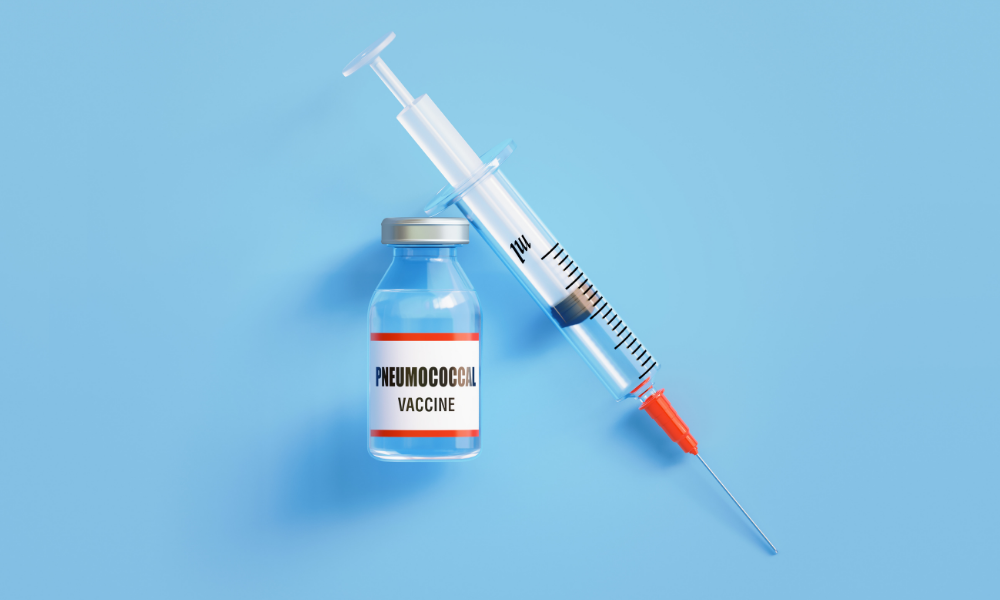Pneumococcus is a bacterium that can cause a wide range of illnesses, from mild cold symptoms and ear infections to severe pneumonia and meningitis. The bacterium is carried in the nose and throat and is transmitted by sneezing and coughing. A large portion of the population carries the bacterium without getting sick. There are more than 90 strains of pneumococcus bacterium.

For more information: https://www.nvic.org/disease-vaccine/pneumococcal
[43] Vaccines: A Reappraisal. Dr. Richard Moskovitz, 2017. P. 202-203.
[44] https://www.nvic.org/disease-vaccine/pneumococcal/quick-facts
[45] Vaccine Adverse Events Reporting System – https://digital.ahrq.gov/sites/default/files/docs/publication/r18hs017045-lazarus-final-report-2011.pdf
Product: Prevnar 13 (Pfizer)
Product Monograph: https://www.pfizer.ca/files/Prevnar13-PM_E_219617_08Aug2019.pdf (61 pages)
Patient Information sheet: https://www.pfizer.ca/files/Prevnar13-PI_E_219617_08Aug2019.pdf
Manufacturer website: https://www.pfizer.ca/en/our-products